Unlock Whole-Person Healing with a Trusted Functional Medicine Doctor in Texas

In today’s fast-paced world, more and more people are discovering that traditional medicine doesn\’t always offer long-term solutions. If you\’re tired of managing symptoms without answers, or feeling dismissed in the exam room, you\’re not alone. At Forum Functional Health, we take a radically different approach—one that puts you at the center of your health […]
The Role of Probiotics in Managing Gastrointestinal Disorders
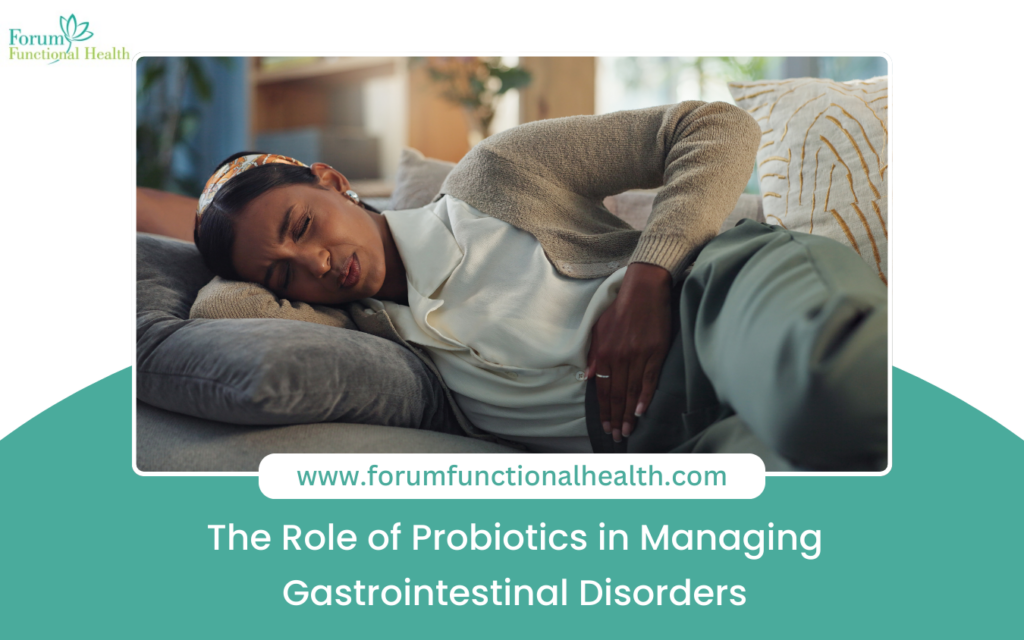
Gastrointestinal (GI) disorders affect millions of people worldwide, causing discomfort, digestive issues, and overall health complications. From mild bloating and indigestion to chronic conditions like Irritable Bowel Syndrome (IBS) and Inflammatory Bowel Disease (IBD), these disorders can significantly impact daily life. One emerging approach to improving gut health is the use of probiotics. Probiotics are […]
Natural & Medical Treatments for Sore Breasts in Perimenopause & Beyond

Breast soreness, also known as mastalgia, is a common symptom women experience during perimenopause and even after menopause. This discomfort can range from mild tenderness to sharp, persistent pain, impacting daily life and overall well-being. As hormonal fluctuations occur, estrogen and progesterone imbalances can lead to increased breast sensitivity, swelling, and tenderness. Understanding the causes […]
The Best PCOS Medications in Texas: Finding the Right Solution for Your Health
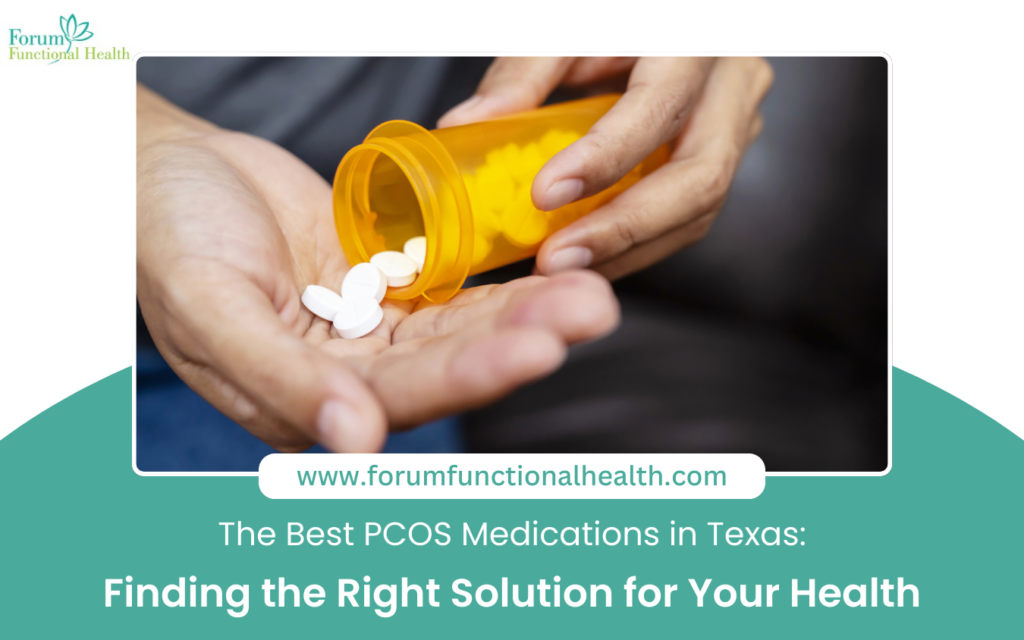
Polycystic Ovary Syndrome (PCOS) is a common hormonal disorder affecting millions of women worldwide, with a significant number of cases reported in Texas. This condition can lead to a range of symptoms, including irregular menstrual cycles, weight gain, acne, hair loss, and fertility issues. Managing PCOS effectively requires a comprehensive approach that includes lifestyle changes, […]
Where Can You Find the Best Depression Treatment in McKinney? A Complete Guide
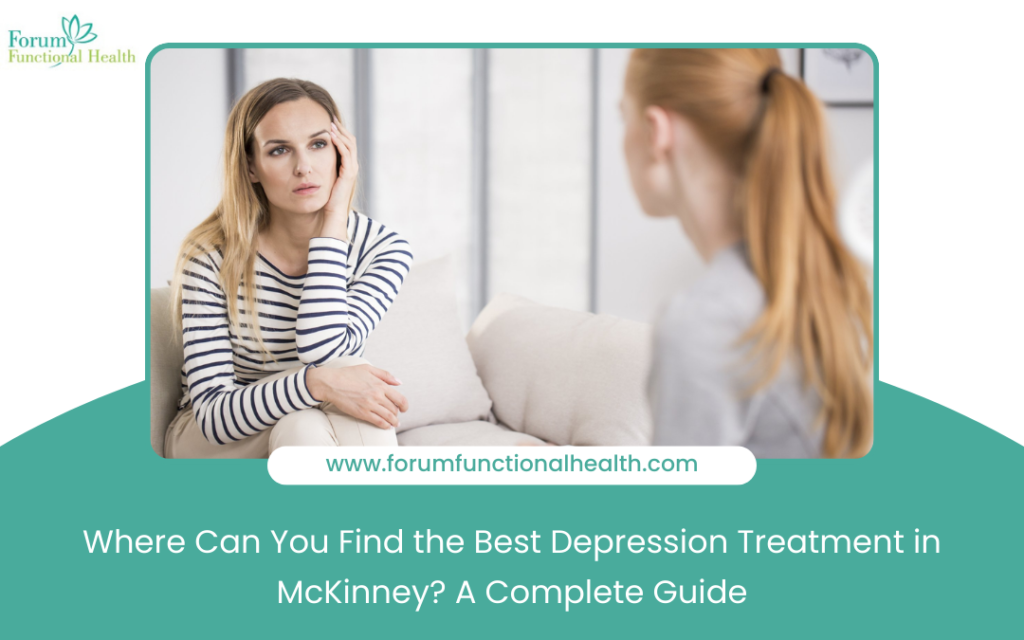
Depression is more than just feeling sad or low; it’s a serious medical condition that affects millions of people every year. Understanding what depression truly is and how to seek appropriate treatment can make a world of difference in someone’s recovery journey. If you or a loved one are struggling and looking for depression help […]
What Are the Best Treatment Options for Female Infertility?
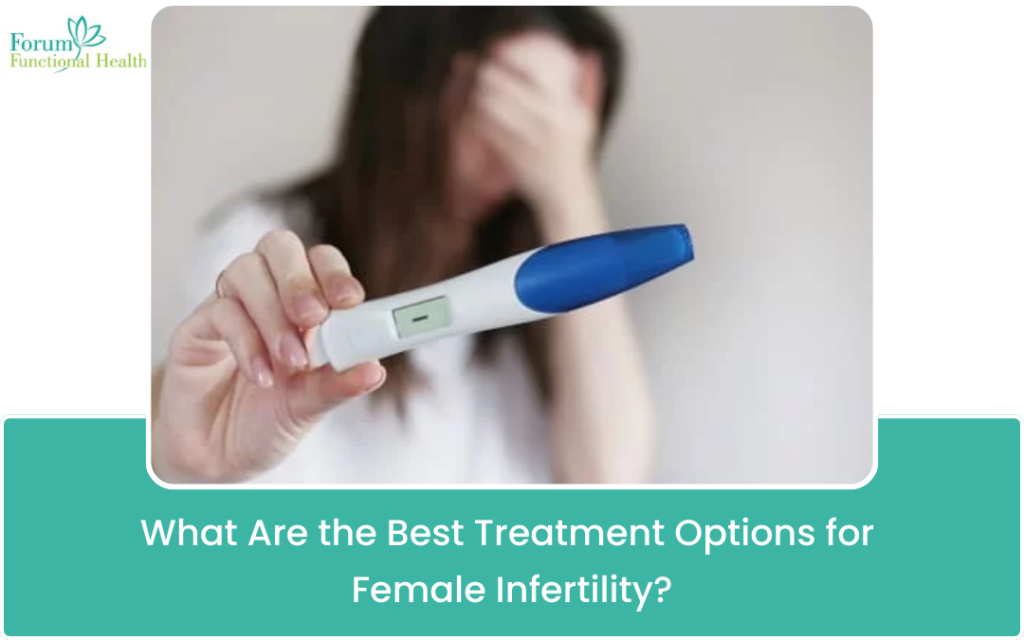
Female infertility is an emotional journey that affects not just the body but also the mind and spirit. Many women face this challenge, wondering if they’ll ever be able to conceive. Understanding the underlying causes, particularly hormonal imbalances such as Polycystic Ovary Syndrome (PCOS), is key to unlocking treatment options that offer hope. In this […]
How Do You Know When Perimenopause Is Ending?
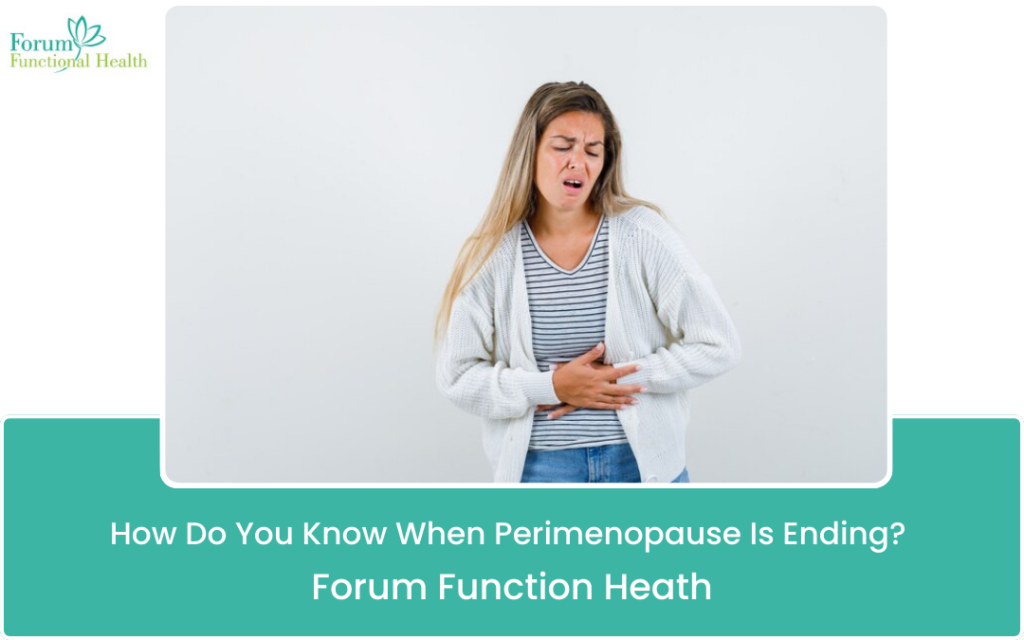
Perimenopause is a phase in a woman’s life marked by significant changes. It’s the transition period leading up to menopause, characterized by fluctuating hormones that cause various symptoms like hot flashes, irregular periods, mood swings, and more. While it’s a natural phase, knowing when perimenopause is ending can be confusing, as symptoms vary for each […]
What Are the Symptoms of Menopause and How Long Do They Last?
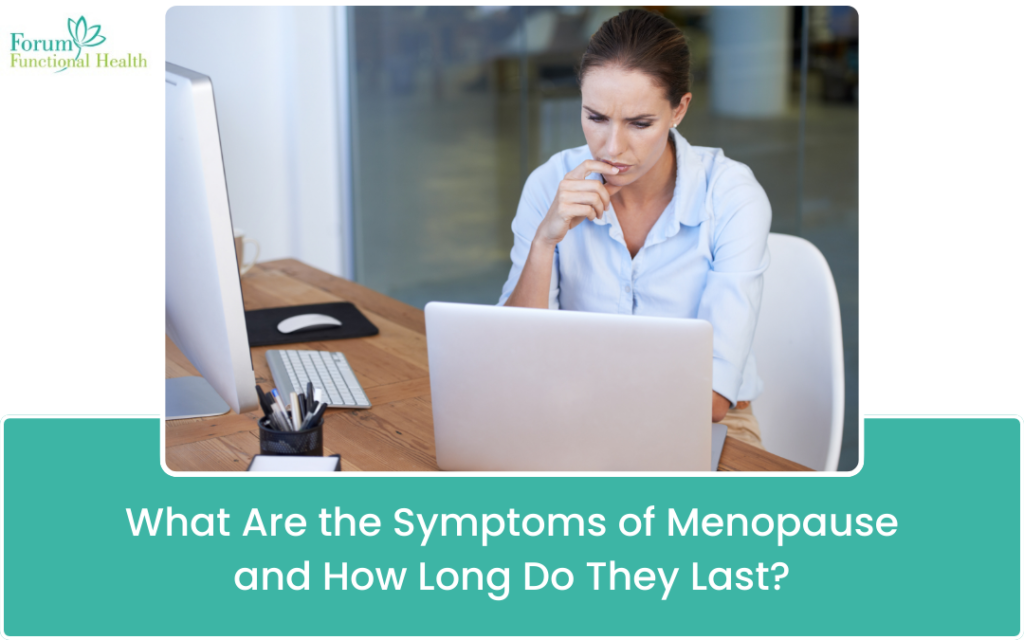
Menopause is a natural transition in every woman’s life, yet it can be a challenging experience both physically and emotionally. Understanding the symptoms and how long they last is crucial to finding the right support and treatment. At the Functional Health Center in Texas, we provide specialized care to help women navigate this life stage […]
